

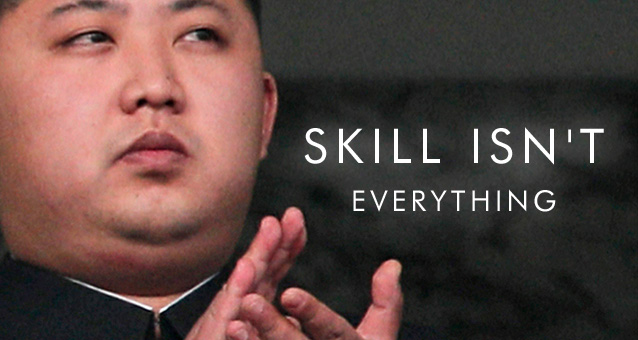
Confession time: I am not very good at videogames. In fact, in comparison to many of my contemporaries, I am actually pretty bad at videogames. In spite of my posturing and yes, perhaps occasional smack talk, high scores elude me and “hardcore” modes continue to stymie and frighten me. But within the comfort and privacy of my own home, I can hide behind our subculture’s arbitrary metrics of accomplishment, like the number of hours spent on a single Oblivion playthrough (94), or my Xbox Live gamerscore (50,888) and flaunt my gamerly “status” with such conviction that nobody knows my secret shame.
The show floor is an immediate source of stress for me. I can no longer posture from behind the safety of my gamerscore; they will all know me for what I am: a Bad Gamer. Though standing in line to demo Street Fighter X Tekken, I notice something interesting. Every person who steps up to play offers up to the altar some sort of qualifier or excuse: “I haven’t played this game in a while,” or “I’m not used to playing with a fight stick.” Almost unilaterally, I am surrounded by people who, like me, feel the inexplicable need to keep their proficiency at videogames closely guarded, like some sort of secret.
Sadly it seems we’ve somehow cultivated a subculture that values excelling at videogames over and above simply enjoying them. Organizations like MLG create and maintain a culture that celebrates competition and skill in the same way that professional competitive sports do, emphasizing winning and often doling out large cash prizes for tournament victories. While these organizations are by no means bad or misguided (many games do feature tests of skill like dexterity and puzzle solving ability), the notion that our enjoyment of a game is predicated on our associated skill is both false and harmful. To put it another way, it’s hard to feel awestruck by a game when you’ve got your opponent’s virtual balls in your face.

Why is it exactly that we play games? Admittedly that is a question that is as vast as it is complicated and I certainly won’t deign to try and answer it here, but what is important to note is that we play games for countless more reasons than simply to “be good at them.”
Look at Polytron’s recently released indie smash Fez: yes, it is a puzzle game (and a devilishly hard one at that), but it is absent all the stress and anxiety that seems to accompany our games today. The world of Fez is, simply put, a delightful place to spend time in, and the game itself encourages you to do just that. There are no clocks or enemies, only puzzles to solve and a world to explore.
Fez doesn’t even seem to particularly care if you solve the puzzles or not. While they are challenging, the game can be enjoyed by anyone who plays it, even the most incompetent of puzzle solvers and platform jumpers. A player who is “bad” at solving the puzzles in Fez can still derive a very personal and meaningful experience from playing the game that is just as legitimate as that of a person who managed to find all 64 elusive cubes.
It’s also becoming more prevalent these days to see videogames as a storytelling medium first and foremost; the obvious examples of the Mass Effects and Grand Theft Autos spring to mind as narrative-driven games (Mass Effect 3 even has a built-in difficulty strictly for emphasizing the game’s narrative above its other elements), but those are really just the tip of the iceberg.
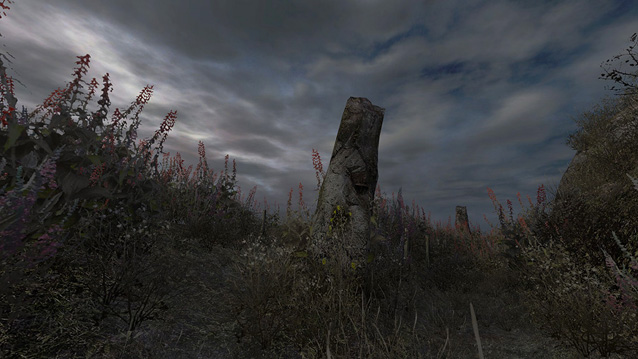
Recent titles such as Dear Esther and Analogue: A Hate Story are arguably all story. Aside from the fact that games like these clearly encourage narrative exploration as its own motivation for playing, a more poignant question might be, what would being “good” at a narrative-driven game like Analogue even look like? The idea of a skill-based videogame meritocracy is ludicrous simply because not all games are mere contests of skill; many of them exist primarily to tell us stories or explore their own complex themes.
It is, arguably, much easier to get caught up in the overly-competitive machismo with combative multiplayer games. These games are designed with competition in mind, from the prevalence of hyper-militaristic settings to their emphasis on tactical play to the support they get from organizations like MLG. Ironically, that hyper-competitive environment precludes the entire notion of “community building” that multiplayer games are supposed to foster in the first place.
While games can of course be competitive, that need not be their be-all and end-all. Just like the first lesson every kid learns in their community soccer team, the primary goal of communal videogame playing is to have fun; it’s why we play in the first place. Competition and fun certainly don’t have to be ‘at odds,’ but when playing to win happens at the expense of fun, then the focus is lost and gamers start to feel marginalized.
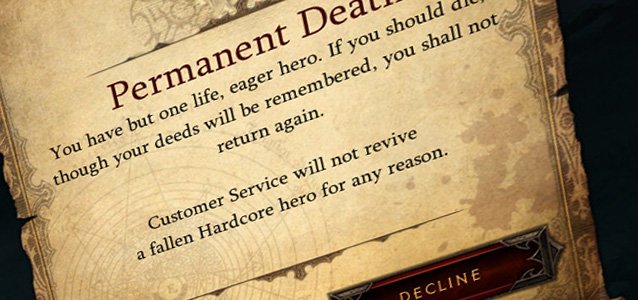
This attitude even seeps over into single player experiences. Hardcore modes and permadeath runs saturate our gaming to the point where they have become not only the way we play, but the very reason for it. Difficulty is meant to enhance our experience of playing a game. However, many games feature hardcore modes that, short of adding to the experience of playing simply make games more tedious, artificially challenging, and less fun (I’m looking at you, Fallout: New Vegas). Enjoying a challenging game is one thing, but to subject yourself to a diminished game experience in the name of attaining some sort of imaginary “cred” (or hell, even gamerscore) is missing the point.
It’s easy to see how we can get so easily caught up in the “skill hype” surrounding games today. I admittedly am guilty of many of these things myself: I force myself through tedious Hardcore playthroughs and get flustered with underperforming teammates in online shooters. I shamelessly seek out faqs online to complete my puzzlers so I can then “proudly” display my 100% completion status. I lust after gamerscore with an alarming singularity of focus.
So I understand. I’ve been there, and today I’m saying “No More.” It’s ok to complete games on “Easy,” or to have a negative kill/death ratio. It’s ok to not derive worth from your gamerscore or completion percentage. It’s ok to suck at videogames. So shine on you sucky diamond, you. Fear no teabagger or Zerg rusher, and just play on.

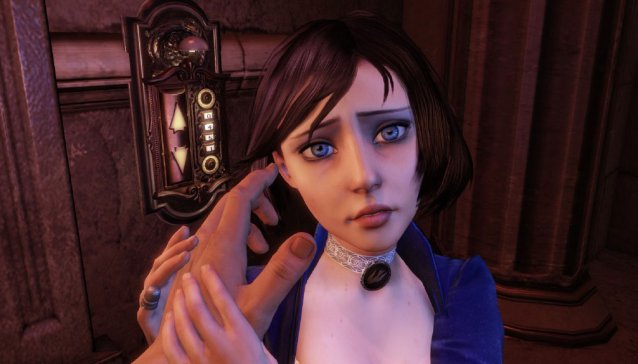

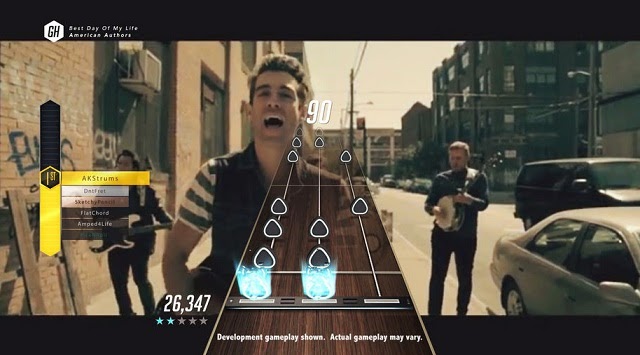
 Fallout 3: Console Commands, Cheats and IDs
Fallout 3: Console Commands, Cheats and IDs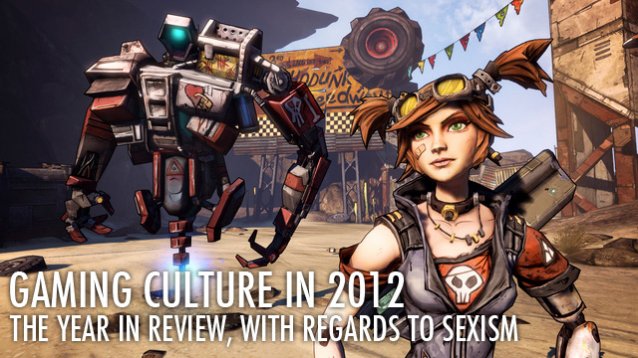 Gaming Culture In 2012: The Year In Review, With Regards To Sexism
Gaming Culture In 2012: The Year In Review, With Regards To Sexism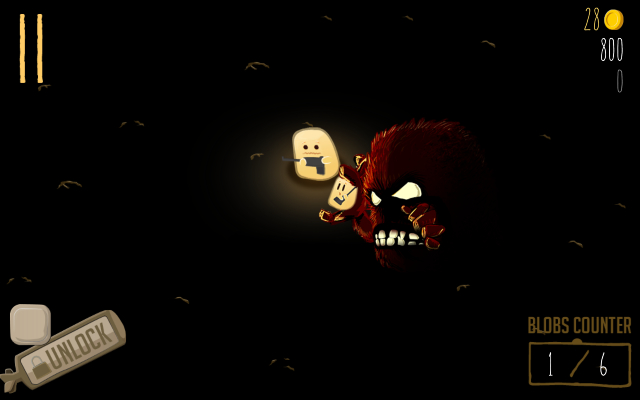 10 Scary Games for Your Android Phone or Tablet
10 Scary Games for Your Android Phone or Tablet Famous artists who refuse to Stream Their Music on Spotify and YouTube
Famous artists who refuse to Stream Their Music on Spotify and YouTube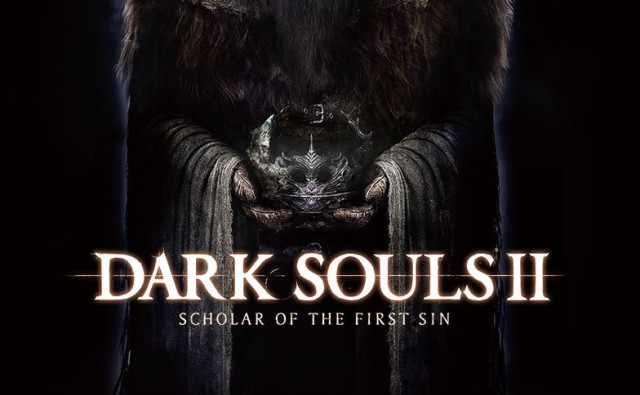 Location of all Dark Souls II: Scholar of the First Sin DLC Keys
Location of all Dark Souls II: Scholar of the First Sin DLC Keys